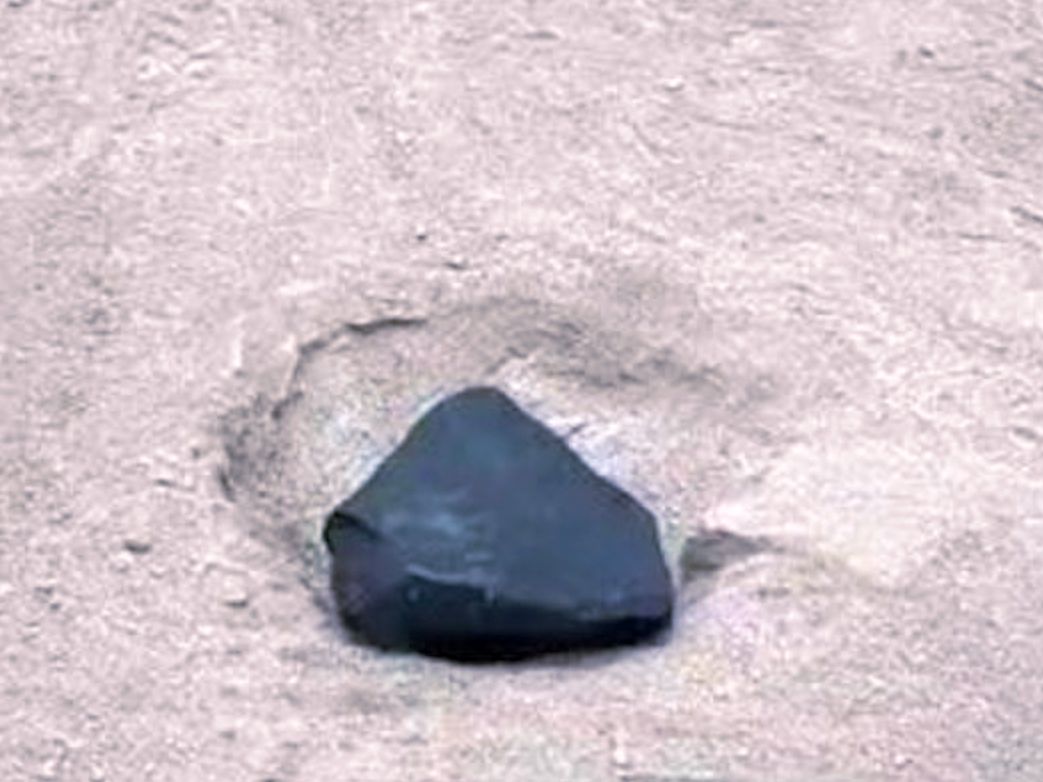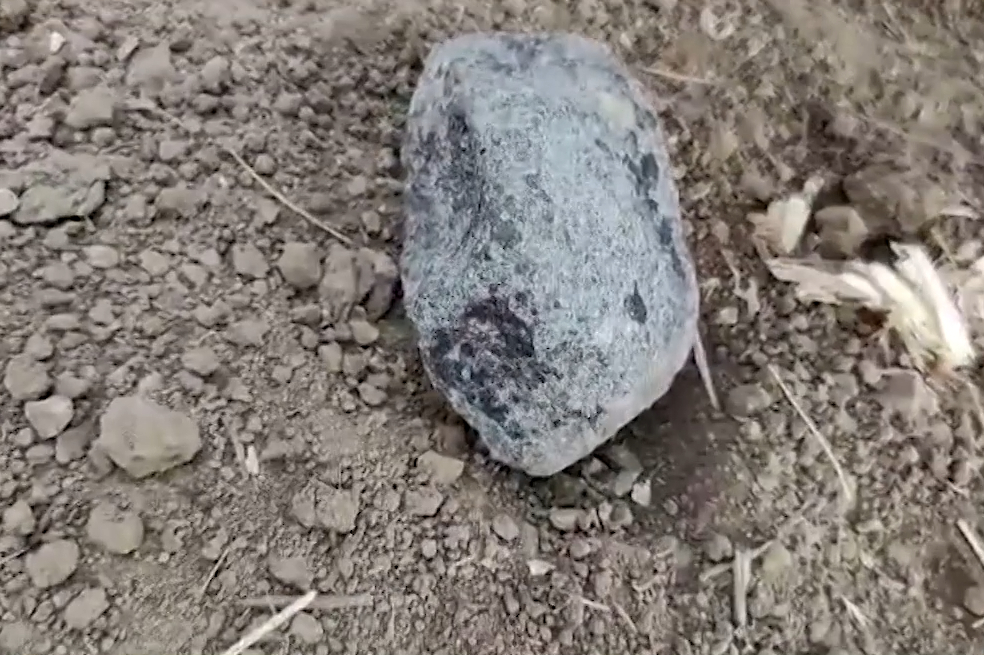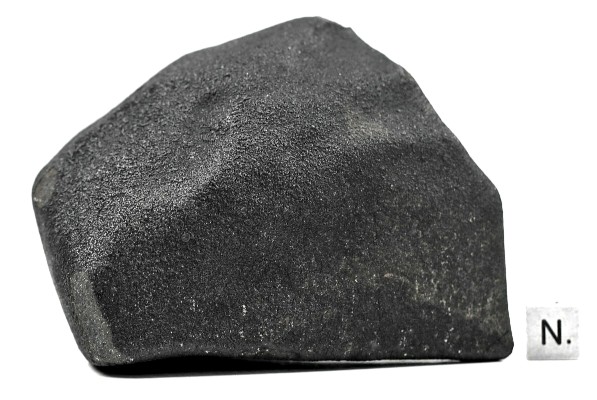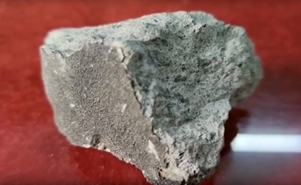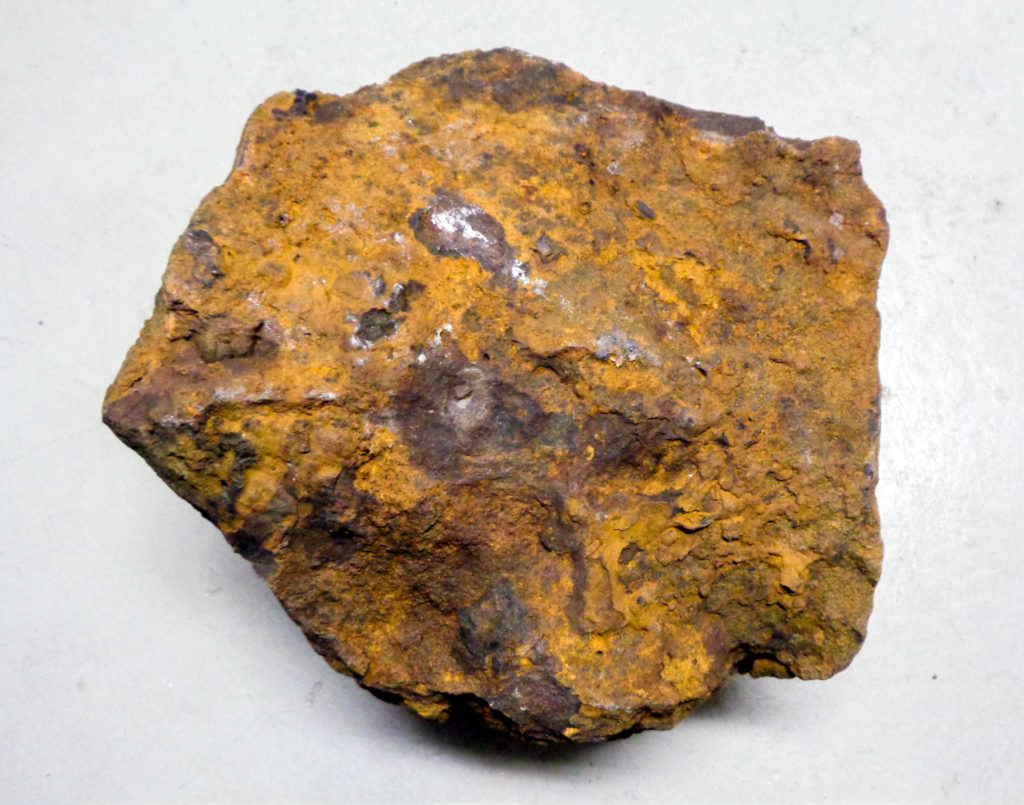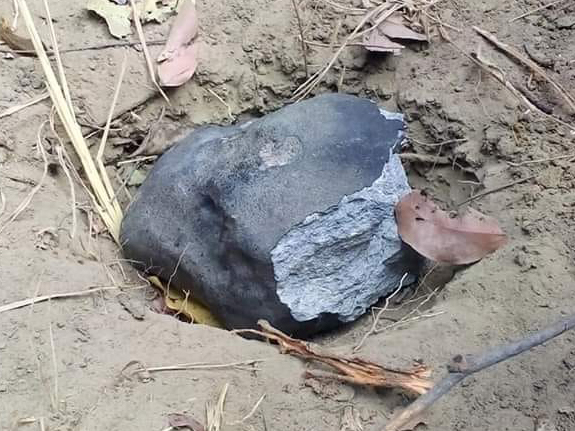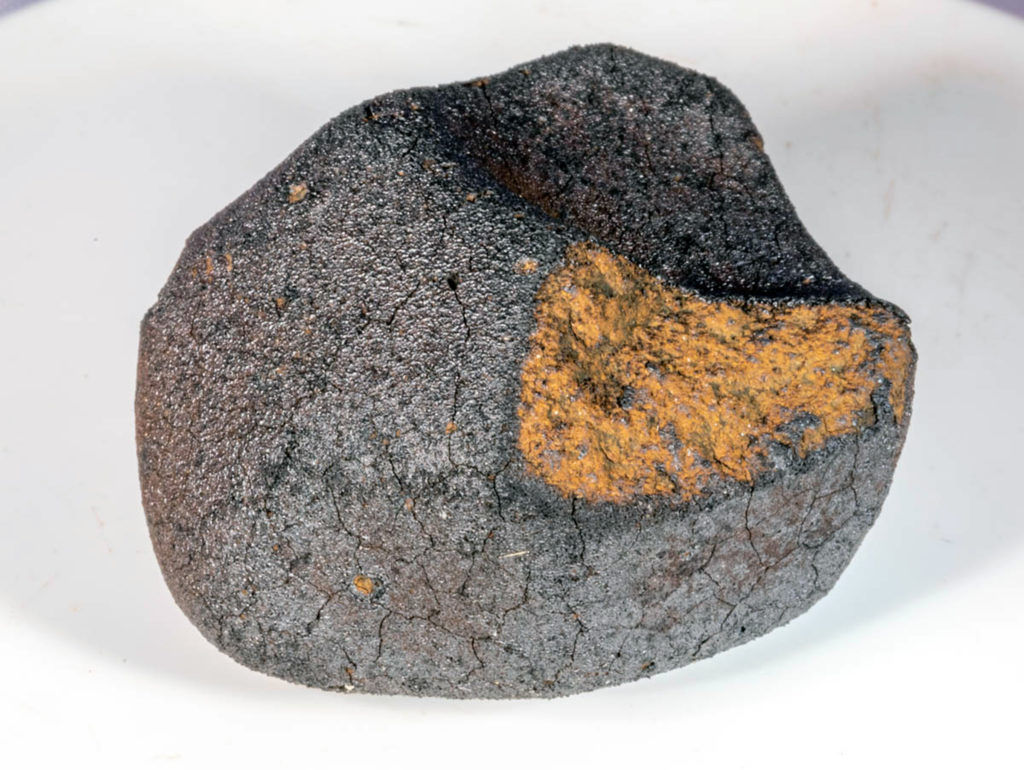Sodium carbonates on Ryugu as evidence of highly saline water in the outer Solar SystemOPEN ACCESS
Toru Matsumoto, Takaaki Noguchi, Akira Miyake, Yohei Igami, Megumi Matsumoto, Toru Yada, Masayuki Uesugi, Masahiro Yasutake, Kentaro Uesugi, Akihisa Takeuchi, Hayato Yuzawa, Takuji Ohigashi & Tohru Araki
Nature Astronomy, Published: 18 November 2024
LINK (OPEN ACCESS)
PDF (OPEN ACCESS)
“Water activity recorded in asteroids offers a perspective on their habitability. Aqueous alteration, namely the interaction of liquid water with minerals, occurred in the parent body of the C-type asteroid Ryugu. However, Ryugu is not a wet body, and the processes that led to the loss of liquid water along with its chemical environment remain unclear. We report the presence of sodium carbonates, chlorides and sulfates in Ryugu samples, which indicate that alkaline, salt-rich water once flowed through its parent body. Highly concentrated brine probably formed through evaporation or freezing of the liquid water in the final stages of aqueous alteration. Similar processes may have occurred in carbonaceous asteroids in the Solar System, although terrestrial weathering of meteorites might obscure evidence of salt precipitation. Sodium salts could be crucial for comparing the evolved water in carbonaceous bodies and alkaline subsurface oceans in the dwarf planet Ceres and the moons of Jupiter and Saturn.”

